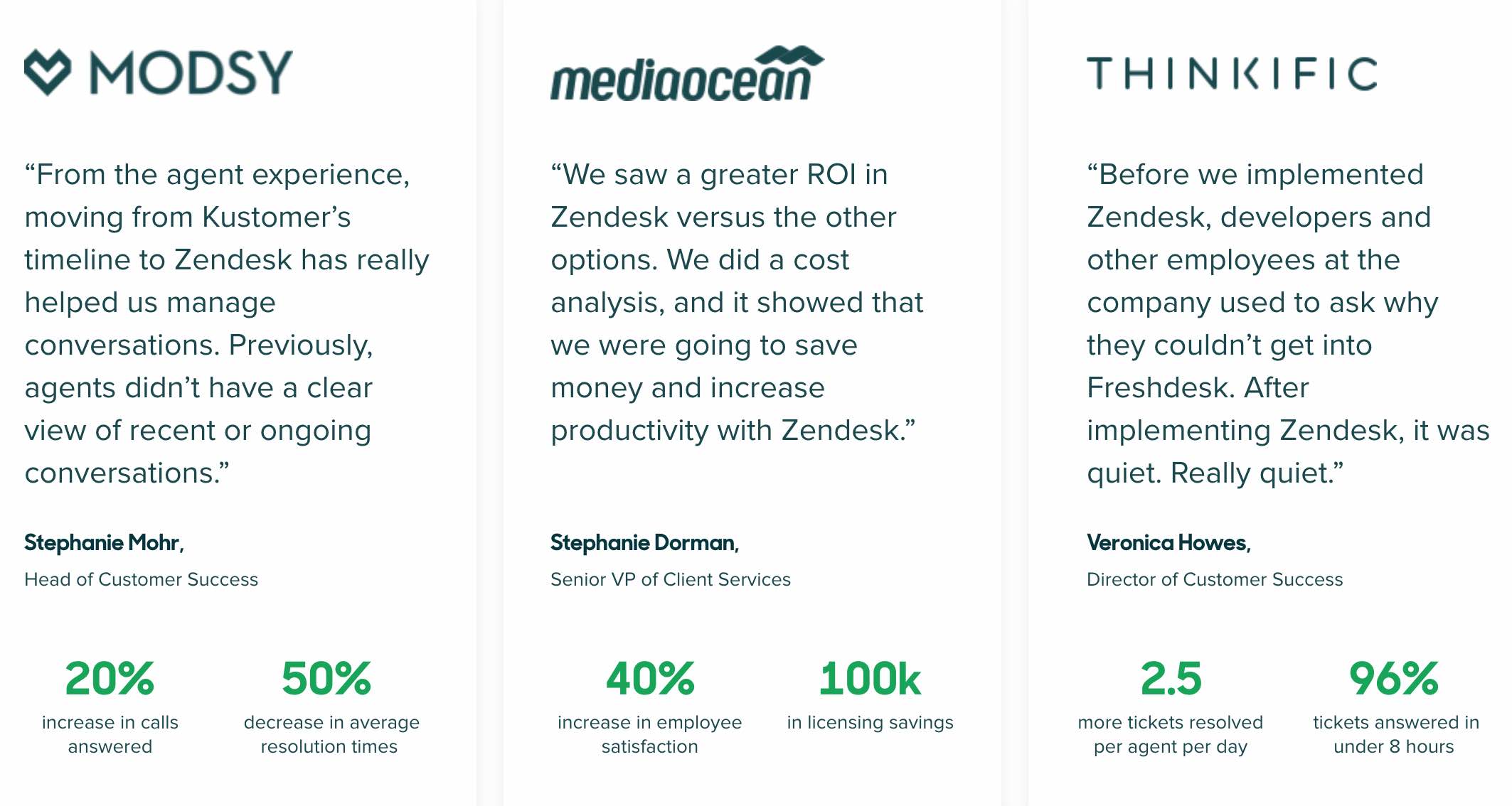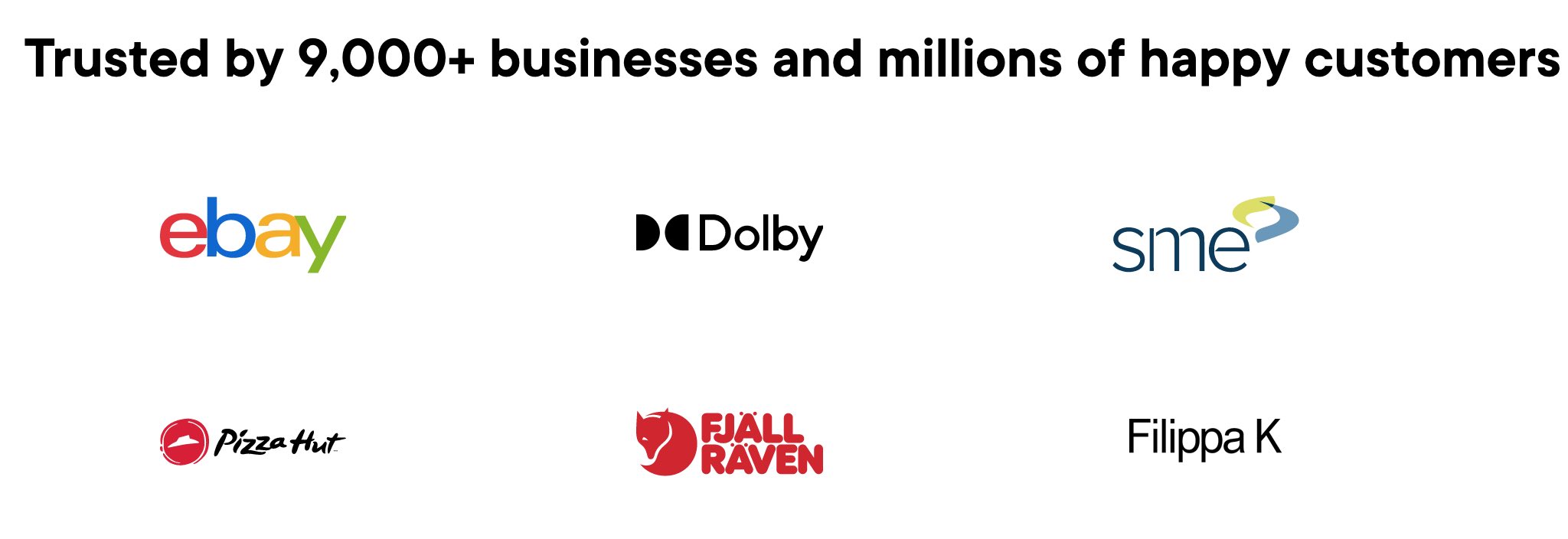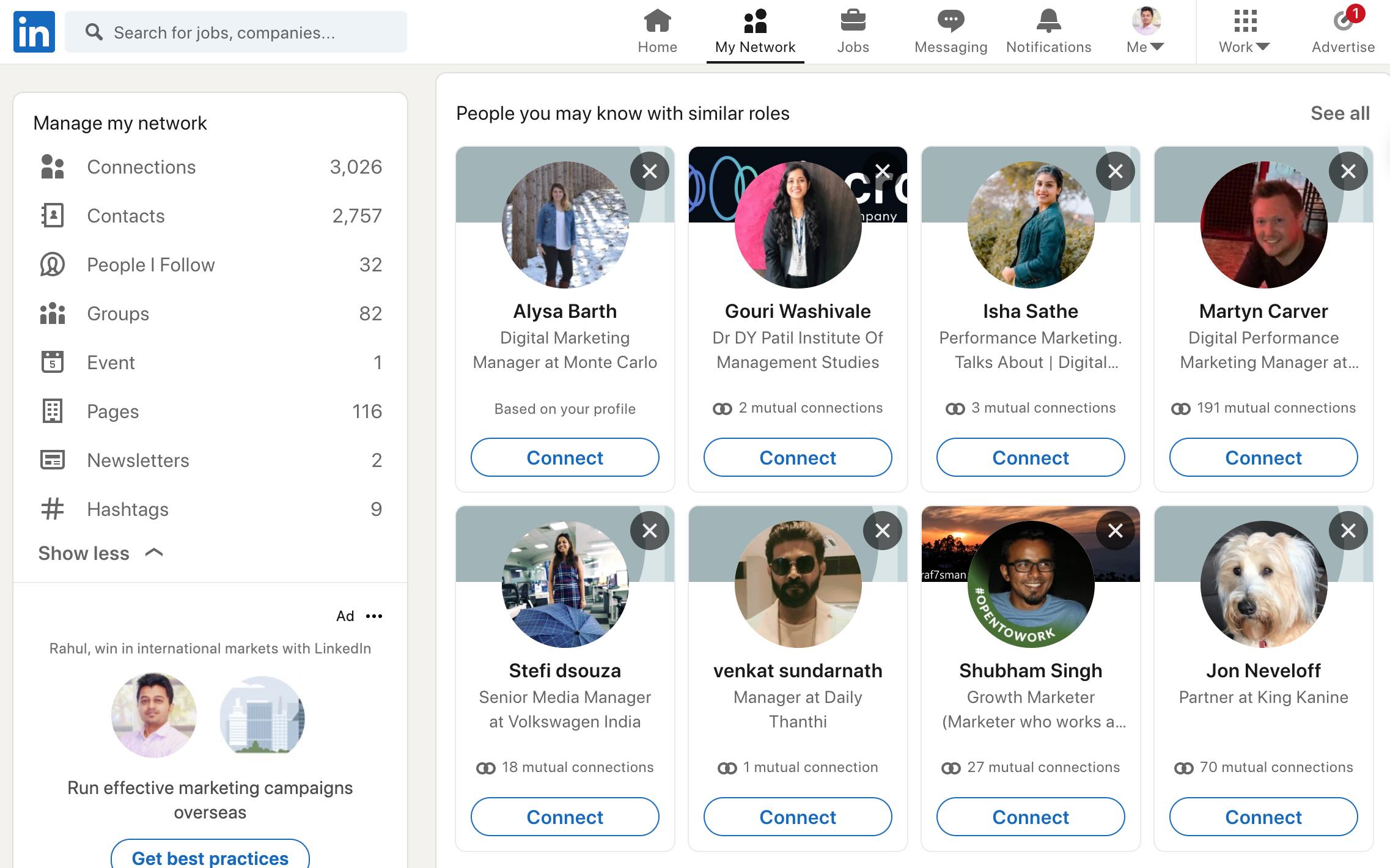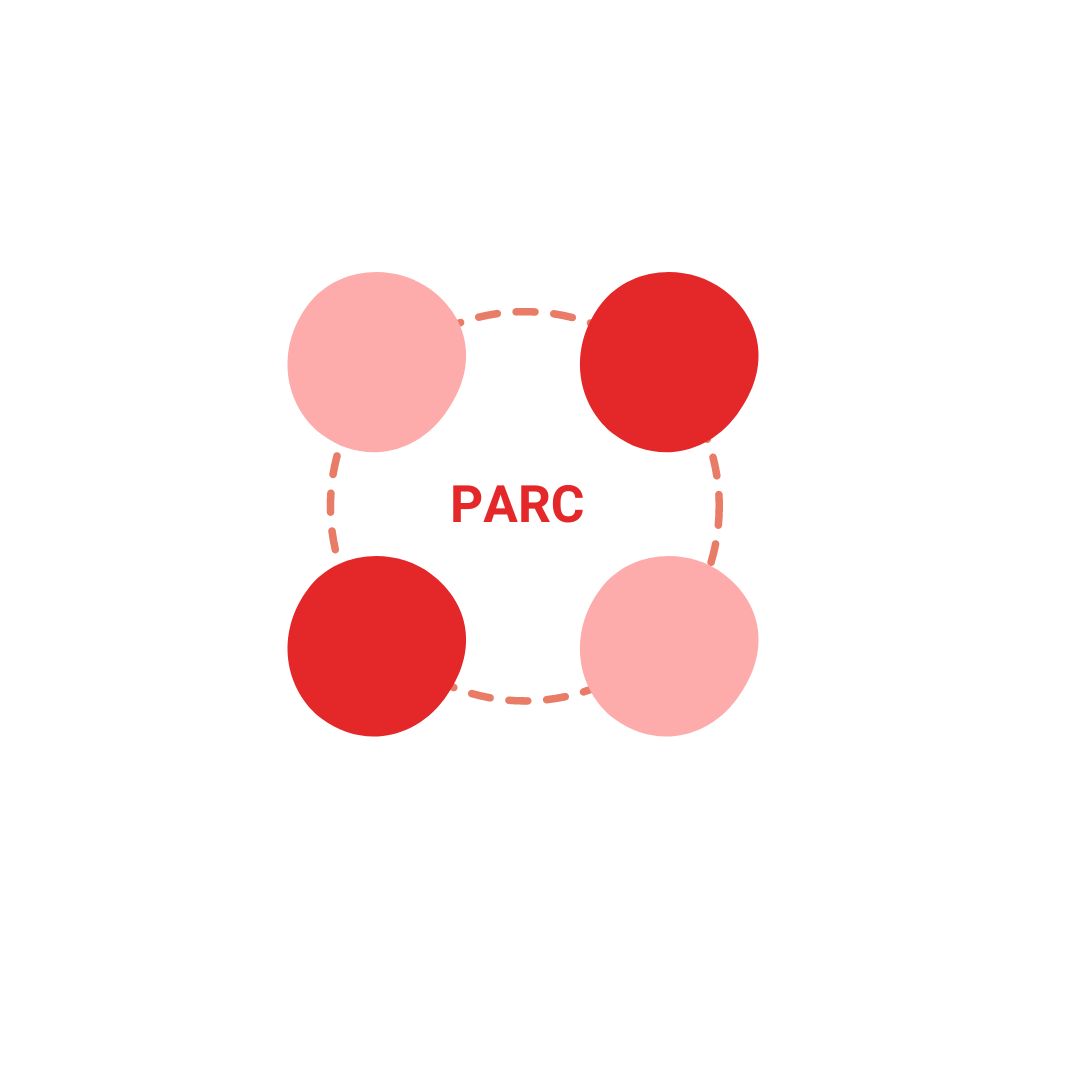Social proof is a term that has been in existence since 1984. It was coined by the author Robert Cialdini in his book with the name ‘Influence’. Social Proof is widely used in digital marketing to influence decisions of customers and is practised by all major brands
What is Social Proof?
Social proof refers to a psychological and social phenomenon in which individuals copy the actions of others to emulate their behavior in specific situations. In essence, social proofing is an attempt to keep up with the Joneses.
This type of behavior is driven by an assumption that the people around the individual know more about the prevalent situation. It is also frequently referred to as herd mentality. The social proof phenomenon is in action when decision making is validated through others’ behaviors.
This psychological phenomenon happens when a person is unsure of how to behave in a specific situation. Such individuals look to others for clues and end up emulating the others’ behaviors. Social proof thus affects our preferences and choices to a certain extent. Social proof may be the reason why some movies and songs become hits, and why some products outsell others.
Why is social Proof Used?
Social proof is widely used in recent times to build credibility and trust and lowering barriers so that people make online purchases. As an example, a potential buyer may chance to see a review from an industry expert on a specific landing page he/she is browsing and this is social proof.
Otherwise, you may sign up for a demo because the product solved the exact problem another company was facing. Both of these are typical examples. These help to tap into the basic human instincts and sway potential customers’ behavior by borrowing or using third-party influence.
A social proof that an individual uses instigates different emotional triggers which influence a customer’s feelings towards the purchase being made as well as the brand. Therefore, this has become an important part of executing it on website and landing pages that an online business is using.
What are different types of Social Proofs?
There are different types of social proof that we commonly encounter everywhere. Social proof can be generalized into 6 different types. Let us examine these with some examples.
1) Expert social proof
Expert social proof helps when someone is trying to decide on buying an unfamiliar product or service. Chances are that the opinion of an expert will be trusted by the buyer more than anyone else. The buyer thinks: they are the experts; they know better than me.

In this ad for an ecommerce brand selling children’s multivitamins, the proof of the pudding comes from Kelly LeVeque who is a nutrition expert as well as an influencer. The picture cannot get any better as it features Kelly’s son and she recommends and uses the brand for her child.
2) Celebrity Social Proof
The credibility of such a picture is incredibly high where Kate Hudson is seen endorsing your brand of shoes or conceding for a photograph while using your product or service. A social media post like this one would drive more customers than other advertisements for the brand would. This is the power of celebrity endorsement and ample celebrity social proof.

3) User Social Proof
User testimonials, commonly know as customer testimonials are seen to work well for overly industrial or technical products or services. So do reviews which are the more objective versions of testimonials. Highly competitive sectors are seen to use user social proof extensively.

4) The Wisdom of the Crowd
This type of social proof works when your prospective client sees a large group of people endorsing your brand. Their comfort level increases and they are likely to subscribe to the product or service. A product having millions of followers and many customers on the brand’s social media handles is a typical example of ‘wisdom of the crowd’ social proof. However, the brand has to strive on an everyday basis to maintain these numbers and make this social proof work. Below is an example by Optimizely

5) The Wisdom of your Friends
This type of social proof is a typical example of keeping up with the Joneses. An individual searching for a product that they are not sure about buying would surely be more comfortable when he/she sees their friends approving the product on social media. Others purchase the product for the fear of missing out (FOMO).

6) The Wisdom of your Friends
When a product or a service is given a stamp of approval by an authoritative agency in the industry, the credibility of the product/service can snowball. Small certification badges placed on a website do this job. Trusted seals are placed on the checkout pages significantly improve conversion rates.

What are different Tools Used to Provide Social Proof?
Companies that want to use social proof to boost sales and drive customer engagement use tools for the purpose. These tools work on the FOMO psychology of the website visitors by getting them to see what others are doing on their website. Social proof is considered a powerful tool as it is all about telling customers what others like them preferred to do.
Some of the best social proof software tools are TrustPulse, OptinMonster, WPForms, Smash Balloon, SocialProve, Thrive Ovation, etc., among others. Social proof tools work to help website visitors to convert by showing the total number of people who have recently taken action on the website, displaying a live visitor count, etc.
Which Social Proof Should You Choose?
This question does not have an easy answer. Industry experts, however, opine that you can test the different types of social proof to find out which works best for you on your landing page. This depends on your audience and your business goal. Few aspects you can consider while deciding on social proof
- People remember photos to numbers
- Testimonials with photos worked better than the ones without
- There was no significant difference in how different types of social proof attracted users’ attention
Conclusion
It is vital to be familiar with the best practice of ‘always use social proof’ and implement it on website and landing pages which will influence the decisions of your customers. So go ahead and implement social proof in the customer journey and let know your views!







